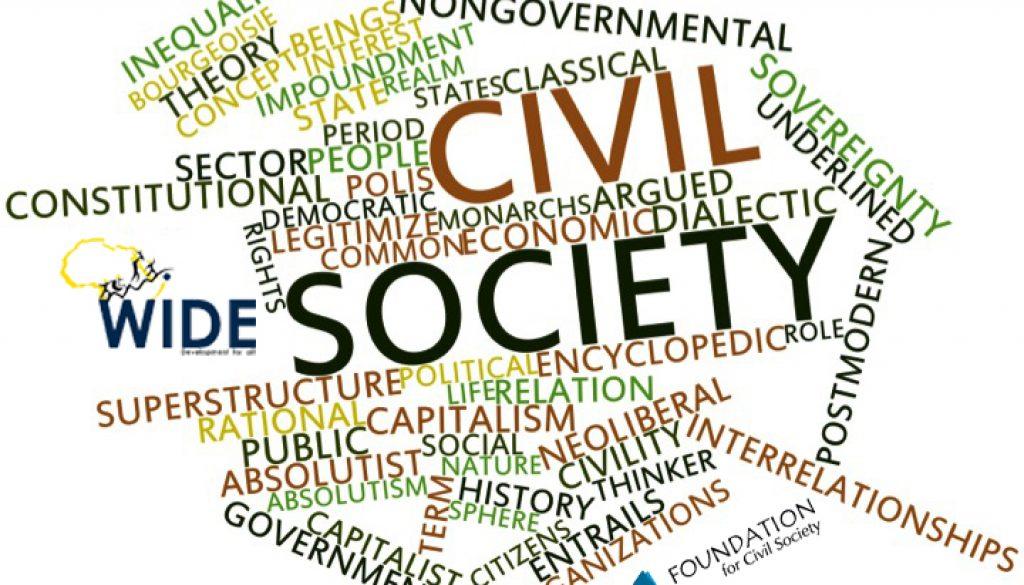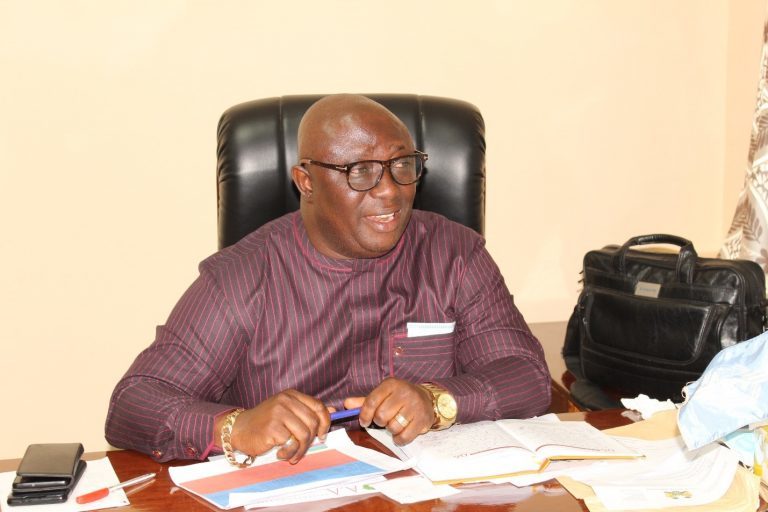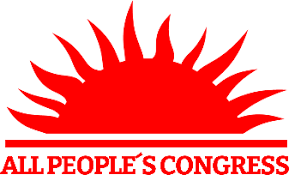By Sulaiman Aruna Sesay
Corruption and hardship have been the order of the day in Sierra Leone for a long time. It has become a menace that has led to many setbacks in the country’s development. Despite the efforts of the government and some well-meaning citizens, corruption and hardship persist. Notably, some voices that could make a difference seem to have gone silent in this fight. Civil Society Organizations (CSOs), journalists, musicians, and religious councils need to speak up and actively participate in the fight against corruption and hardship in S/L.
CSOs are non-governmental organizations that operate independently to advocate for social change. In S/L, CSOs have been vocal in the past. They have exposed corruption and called attention to the plight of marginalized communities. However, many of them have gone silent in recent times. Although some are still active, many are not as vocal as they used to be. It is uncertain why the voices of such organizations have gone quiet. Is it because they are afraid of persecution from the government, or have they been compromised by corrupt people?
Journalism plays a crucial role in exposing wrongdoing and holding those in power accountable. However, in Sierra Leone, the media is mostly government-controlled. Independent media houses exist, but they are often intimidated and threatened by the government. Journalists have been murdered or threatened, leading to self-censorship and a lack of reporting on corruption and hardship. While some journalists continue to speak out despite the dangers, many have gone silent. This is unacceptable as journalism is an essential tool in the fight against misconduct.
Musicians and celebrities have a considerable influence on society. Their music and public statements could generate awareness and create a sense of urgency in the fight against corruption and hardship. Sierra Leonean musicians have played a vital role in the past, such as during the Ebola outbreak when they used their music to sensitize the population on prevention methods. However, in the current fight against corruption and hardship, they seem to have gone silent. It is uncertain why this is so. Could it be that they are afraid of government backlash, or have they been paid off?
Religious councils play a vital role in shaping moral values. They have a duty to advocate for social justice and the common good. In Sierra Leone, religious leaders have been vocal in the past. For example, during the Ebola outbreak, they preached against ignorance and superstitions that hindered government efforts. However, in the fight against corruption and hardship, they have been relatively silent. This is unfortunate as they have significant influence over the population and could inspire change in society.
The voices of CSOs, journalists, musicians, and religious councils need to be heard once again in Sierra Leone. Corruption and hardship will continue to plague the nation if nothing is done. These groups need to come together and take up the fight against corruption and hardship. They need to use their influence to generate awareness and inspire change. Sierra Leone can still turn things around, but it needs everyone’s effort. The time to act is now.













